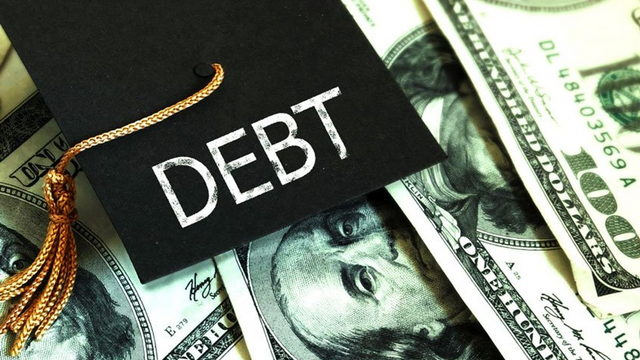By all means, study liberal arts but be warned.
I'm a believer in liberal arts education. Also good to keep employability in mind.
Skilled trades are often underappreciated, IMHO.
Financial return on investment from an undergrad degree depends primarily on what you study. This isn't to say there aren't non-financial benefits, or that starting a career at 22 should be the priority. My concern is that it's common for young adults, whose brains aren't even fully matured until mid-20s, to borrow $50-100k or more, sometimes including private loans charging >14% interest, for undergrad degrees that leave them unable to get a decent job. Some compound this with further borrowing for unhelpful graduate degrees. In early 2000s I had a Master's in a STEM field and ended up teaching part-time at 2-3 colleges at a time, making ~$30k/yr, without health insurance (but thankfully had little debt). A Master's in statistics would've been a different story, but I didn't know any better. It worked out great; I was motivated so I could get a decent job, and the math background was invaluable.
But it doesn't work out so well for others. I've known people with undergrad or seminary degrees in religious studies who never find a real career. Retail or fast food management is honorable work, and I applaud anyone who chooses it; but it's not the job these folks thought they were preparing for when they were paying tuition at private religious schools. And I'm told there aren't nearly enough academic jobs even for PhDs in this field.
I'm all for getting a degree in humanities or any other field. What I'm arguing for is helping students with informed decision-making. If you borrow $200,000 for a PhD in literature, say, you may spend the rest of your life in debt; and student loans don't go away even with bankruptcy. What bothers me is that our culture and system are set up to facilitate, and in some cases exploit, poor decision-making by people with no idea what they're doing. I was chatting with a receptionist who's paying private school tuition for an undergrad psychology degree. She asked me if you need a Master's to become a school counsellor; no one had explained that her undergrad degree alone wasn't going to prepare her for the career she's interested in. Don't get me started on for-profit education; I'm guessing many of their students have no idea their school is for-profit, or that fairly or unfairly, many academics won't take their degree as seriously. And the last thing you need to be doing is borrowing money for an overpriced education so someone else can profit.
I have a friend pushing 50 who has ~$250,000 in education debt if memory serves, and no career. So to me, a BSN or an engineering or secondary ed degree can be a great choice. You'll make enough to fund your MA in whatever you're passionate about, which you can earn on the side. There are RNs earning >$100,000/yr. Yes, there's more to life than a good job. But if you've found yourself with a herniated disc and no health insurance (as I did), or you've tried raising a family on a salary of $35k/yr, the "study what you're passionate about and worry about how you'll pay off those loans later" mindset can seem problematic. I'm not criticizing anyone who's chosen that path; I just hope that you were able to do so with eyes wide open, knowing what you were getting into.
